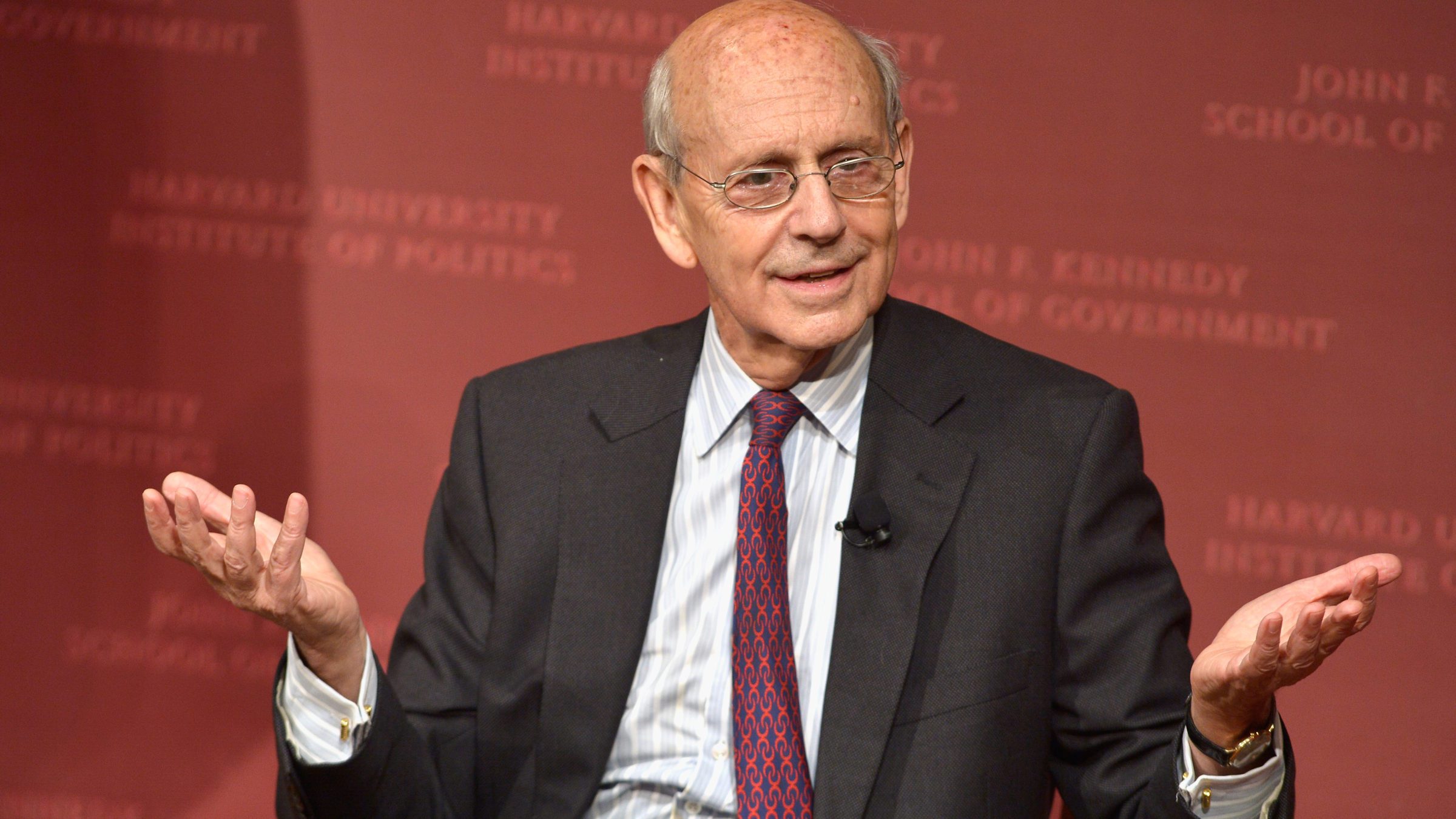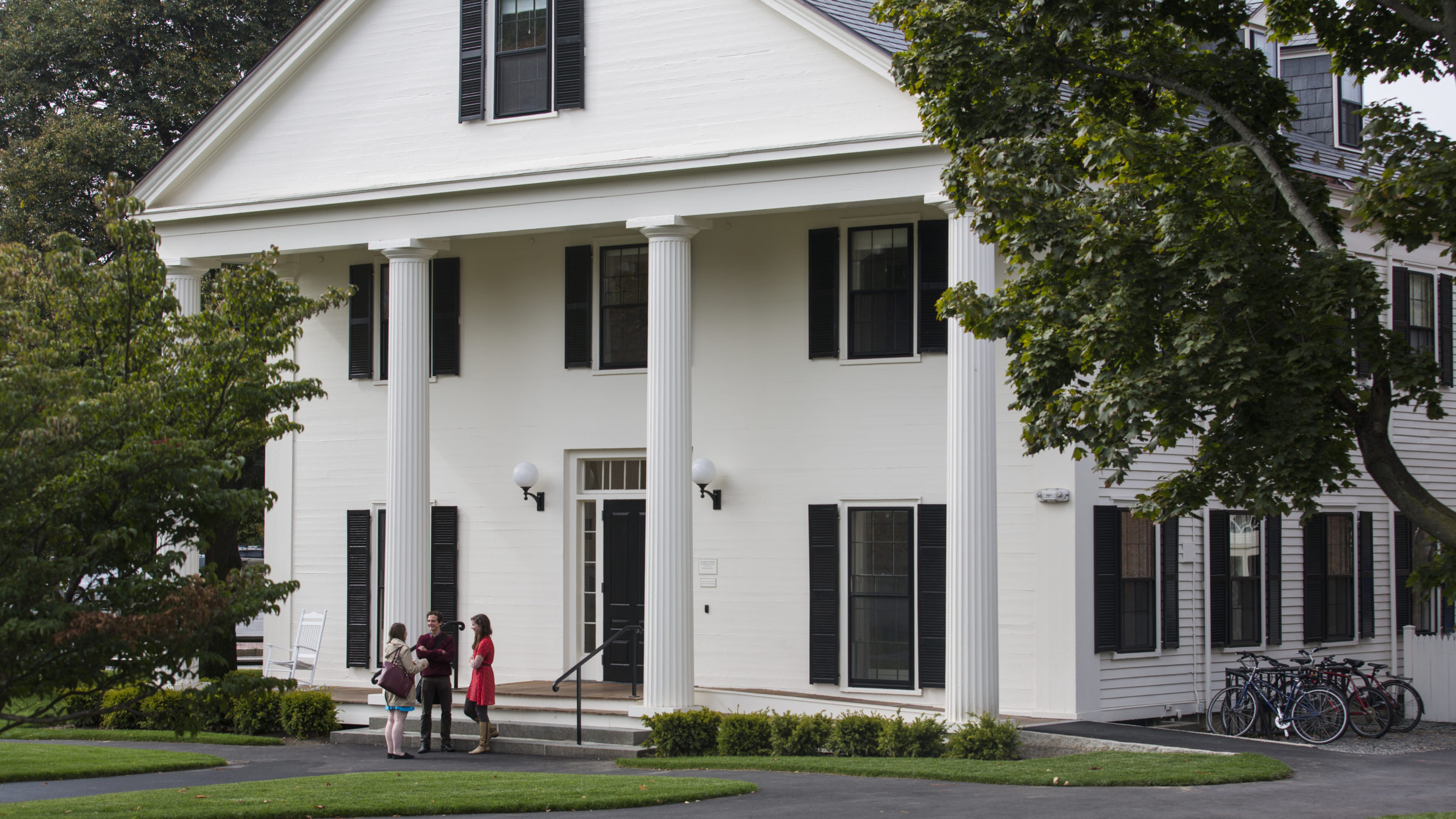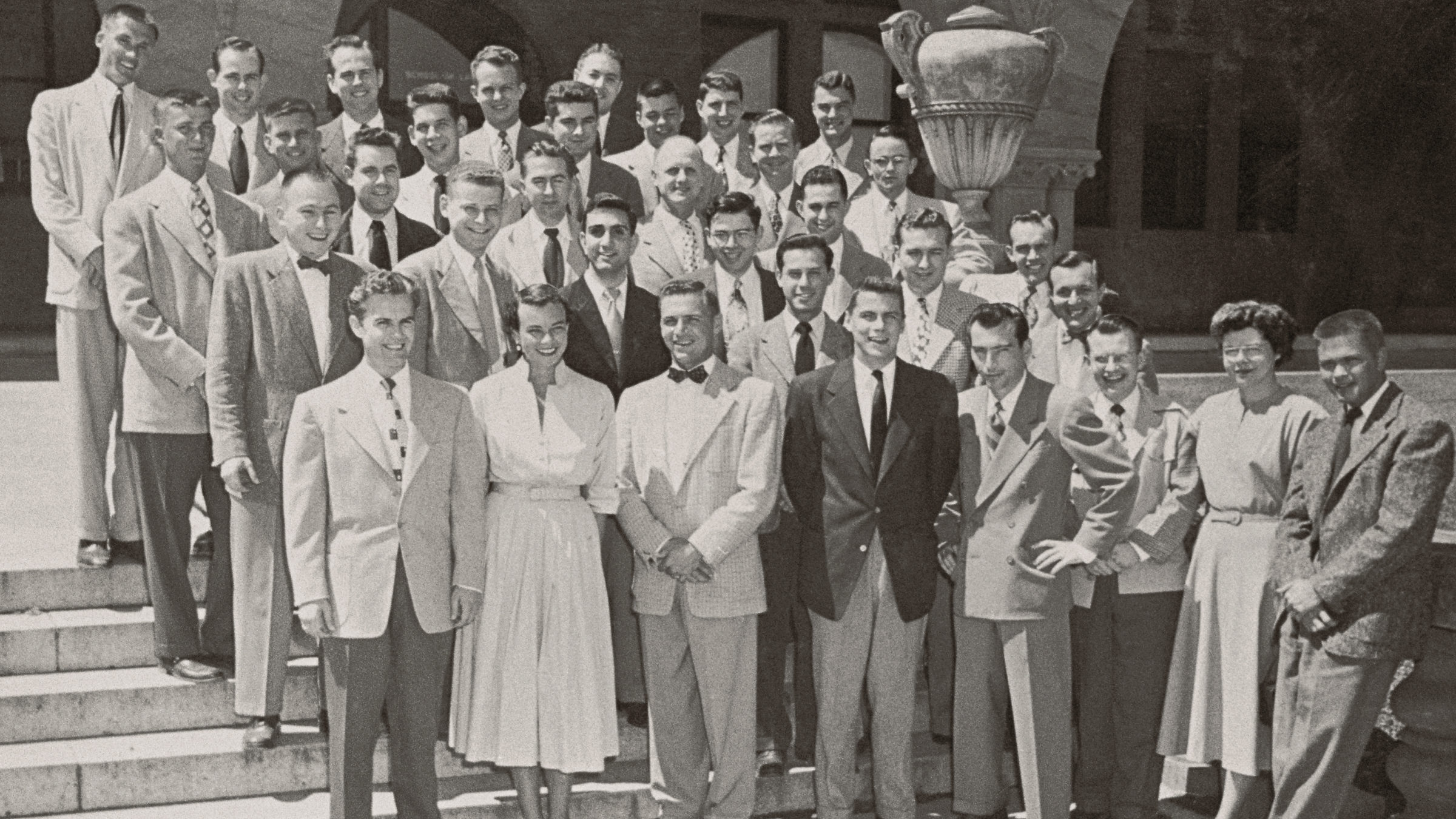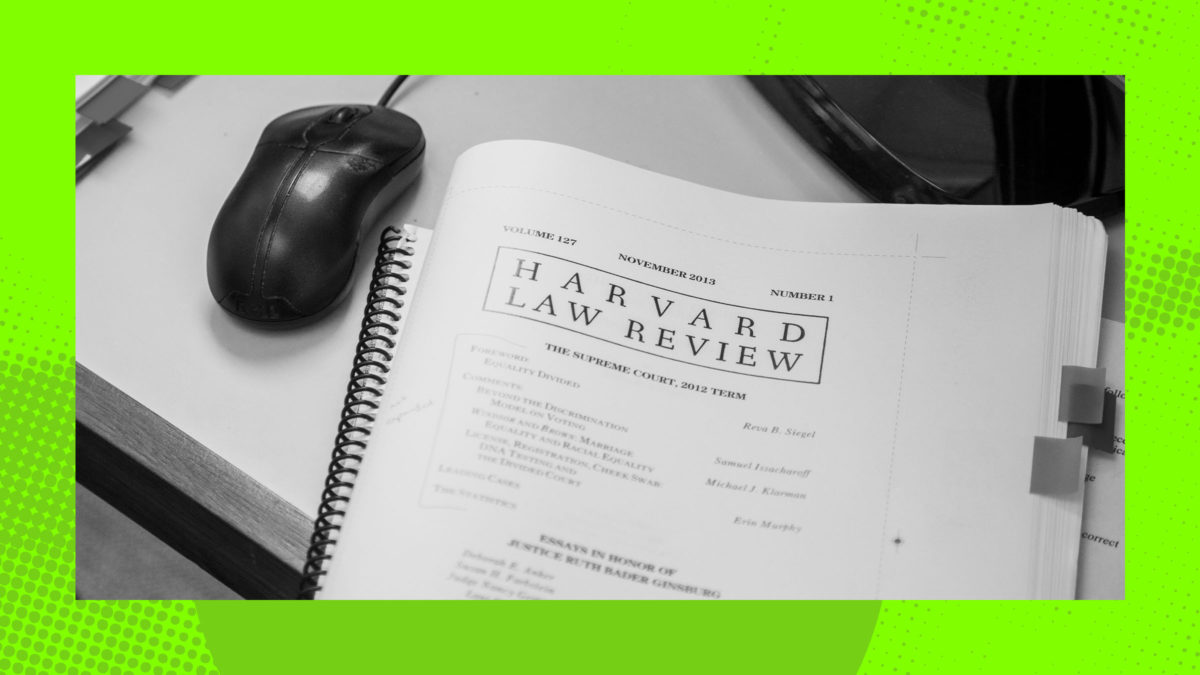Law reviews, for the uninitiated, are academic journals that house the near-entirety of legal scholarship. Typically staffed by second- and third-year law students, law reviews hold a special place in the profession: Beyond delivering tortuous Socratic lectures and occasionally grading exams, the only real “work” law professors do is publishing law review articles.
That work is important, because the advancement of new ideas in the law often sprouts from discourse developed through law reviews. Major progressive 20th-century changes to the Supreme Court’s handling of illegal searches under the Fourth Amendment (including an expansive focus on privacy and a strengthening of the exclusionary rule), for example, can be traced back to the influence of a 1974 law review article by Stanford Law Review professor Anthony Amsterdam.
Legal intellectuals, however, have been complaining about law reviews for decades. Famed federal appeals court Judge Richard Posner wrote about the “ignorance, immaturity, inexperience, and inadequate incentives” of law reviews back in the mid-90s. Both Chief Justice John Roberts and at-long-last-retired Justice Stephen Breyer have complained in recent years about how an overemphasis on niche topics like, as Roberts put it, “the influence of Immanuel Kant on evidentiary approaches in 18th-century Bulgaria” has left much of legal scholarship unresponsive to the real-world problems that they, as judges, ostensibly have to deal with. Perhaps that’s why a 2007 analysis by San Diego Law Professor Thomas Smith suggested that about 40 percent of all law review publications have not been cited once.
However, the sometimes-esoteric substance of law review articles is a symptom of a more central problem: that law reviews, as an enterprise, are as corrupt and intellectually hollow as everything else in the law. For how reliant the legal system is on what law reviews produce, the actual operation of law reviews prioritizes access and clout over careful examination of ideas. In doing so, law reviews fail to carry out their role in upholding the studious progress of legal theory, and instead serve mostly as a tool for burnishing the résumés of everyone involved.

When you have to read ANOTHER goddamn article about late-Middle Ages marriage litigation in the ecclesiastical courts of England
Consider what it’s like trying to get an article published in journals for real academic fields, like political science or literary studies. Authors write articles and submit drafts to journals that, as an industry standard, subject the drafts to double-blind peer review. “Peer” review means that the people reviewing submissions are your peers: mostly professors, with an editorial board whose members are generally paid a stipend. “Double-blind” means the author does not know who is reviewing the article, and the draft has been stripped of all identifying information so the editors have no way of knowing who wrote the piece. This system helps remove bias by focusing the review process on what the article says, not who wrote it.
This process often takes months, and can entail an intense series of edits and rewrites. In the meantime, authors are locked in to waiting for that journal to make a final decision on acceptance before submitting their article to another journal. That means you can go through months upon months of edits, only for the journal to conclude the article isn’t up to snuff for publication. In the meantime, authors are near-universally warned not to shop their articles around to other journals; attempts to spur a quicker acceptance decision can get you blackballed from that institution.
This double-blind peer review can be brutal, but it is vital to the academic journal submission process. Any bozo can sign up for Substack, flip through some historical archives, and “publish” an article about 19th-century firearm restrictions for twelve people to read. But an academic journal is meant to be an elevated form of writing. Publishing a journal article is not just yelling into your internet machine; a group of sophisticated experts have interrogated every corner of your argument and stamped their seal of approval on the quality of your work. The expanded, rigorous scrutiny that comes with double-blind peer review grants authors that more robust credibility.

Gannett House, home of the Harvard Law Review (Photo by Brooks Kraft LLC/Corbis via Getty Images)
A problem is that none of that shit happens with law reviews. For starters, law reviews aren’t run by academics. Again, at nearly every law school, law reviews are run by law students. Students at many schools often “grade on” to law review, meaning they got to join the journal simply because they had a high GPA. This is no small feat; being on law review is considered the best résumé credential you can obtain during your time in law school. That means law schools routinely hand out their shiniest credentials, free of charge, to the students who are least in need of the credential in the first place.
As you might imagine, stuffing your journal with turbonerd law students does not guarantee the journal is run all that well. I spoke with nearly a dozen current or former law review editors at all different levels of prestigious law schools for this article. The picture that emerged of the “review” process at all but the Harvard-tier of law schools is one that includes no real analysis of the submission beyond asking whether the topic is appealing to jaded 23-year-old graduate students. The students I spoke with described how they are never asked to (and are often pressured not to) critically examine the substance of an article. Once the article is approved for publication, the editing process usually doesn’t extend beyond copy edits, checking citations, and fixing typos. Law review editors treat articles less like scholarship than pawned jewelry, giving a quick polish before tossing them in a display case.
This isn’t surprising. For all the positive traits law students possess (god complexes, anxiety-induced hernias), they lack two things some might consider important in running an academic journal: the time to dive deep into the substance of a proposed article, and the legal knowledge to critically examine its merits. (Because, you know, they’re not lawyers yet). And it’s not like there are incentives beyond that résumé credential to perform better, like there would be in a real job. Law review editors at most schools are not only unpaid, but also sometimes are required to spend money by registering “law review” as a class credit.
This refusal to turn a critical eye to proposed works looks even worse when you consider that law reviews also do not engage in a double-blind review process. Again, this varies by school, but the students I spoke with said the process of deciding between submissions is typically made via some internal metric that explicitly includes consideration of the author’s credentials—how popular the author is, whether the author is an alum, whether they hold themselves out as an “expert” on the topic, and so on. There’s data to back this up: A 2018 study of 96 different law journals conducted by NYU Law Professor Barry Friedman found “86 percent of students said that their journal does not conduct blind review at any stage of the selection process.” A 2008 survey of over 160 law journals conducted by attorney Dylan Steinberg and SMU Law School Dean Jason Nance found that “editors use author credentials extensively to determine which articles to publish.”
As the existence of these studies suggests, these problems are not news to the legal community. Yet aside from a few pilot programs experimenting with including academics in the submission review process, like one at the University of South Carolina, most law reviews are still stuck in their traditional, hands-off editing procedures. It’s reached the point where the University of Virginia’s law review recently made waves for announcing the bold move to…require authors submit their data so editors can double-check their math.

The staff of the Stanford Law Review, 1950-51. Future Chief Justice William Rehnquist is in the back row, far left; future Supreme Court justice Sandra Day O’Connor is in the front row, second from left. (Bettman / Contributor via Getty Images)
The problems downstream from this unstructured, uncritical review process are significant. It’s a requirement across most academic disciplines that to get a tenured position, you have to stuff your résumé with publishing credits in highfalutin academic journals. But unlike virtually every other academic field, it’s commonplace for budding legal academics to shop their law review articles around like Mary Kay lotions to as many different journals as possible. The authors pit publication offers against each other, pressuring journals into quick acceptance decisions to ensure the authors place their work in the “best” journal they can. Backdoor politicking infects this process too, as burgeoning academics contact friends at prestigious law reviews to move their submission to the front of the line.
This flips the chessboard back around to the student-run law reviews with similarly self-centered motives. The editors are vying not only to earn clout from publishing high-profile professors, but are also trying to parlay the publishing of said articles into hosting those professors for glitzy law-review-sponsored symposium events. So the students respond by going full Glengary Glenn Ross, sometimes handing out “exploding offers” of publication that expire after a very limited amount of time. (I heard multiple horror stories of offers “exploding” within twelve hours).
The academic then gets to play publication Russian roulette: accept the bait from the “lower” tier law review, or wait it out and pray they land in a more prominent journal that betters their chances at nabbing tenure. The prize in this game of academic hot potato is the privilege of having your studious research examined by a group of hungover grad students, as worried about hitting a new deadlift max as they are with finishing journal edits.
Researchers, judges, and politicians rely on law review articles—the non-18th-century-Bulgaria-variety—to help them do their jobs better. Both the students editing these journals and the academics publishing within them are thus deeply invested in maintaining the status law reviews hold as an authoritative voice in legal academia. But the profession-wide failure to require double-blind peer review severely dampens the credibility a law review article would otherwise hold. Until law reviews catch up to the rest of the academic world, the core of legal thought will remain housed in university-branded Substacks with less editorial oversight.

